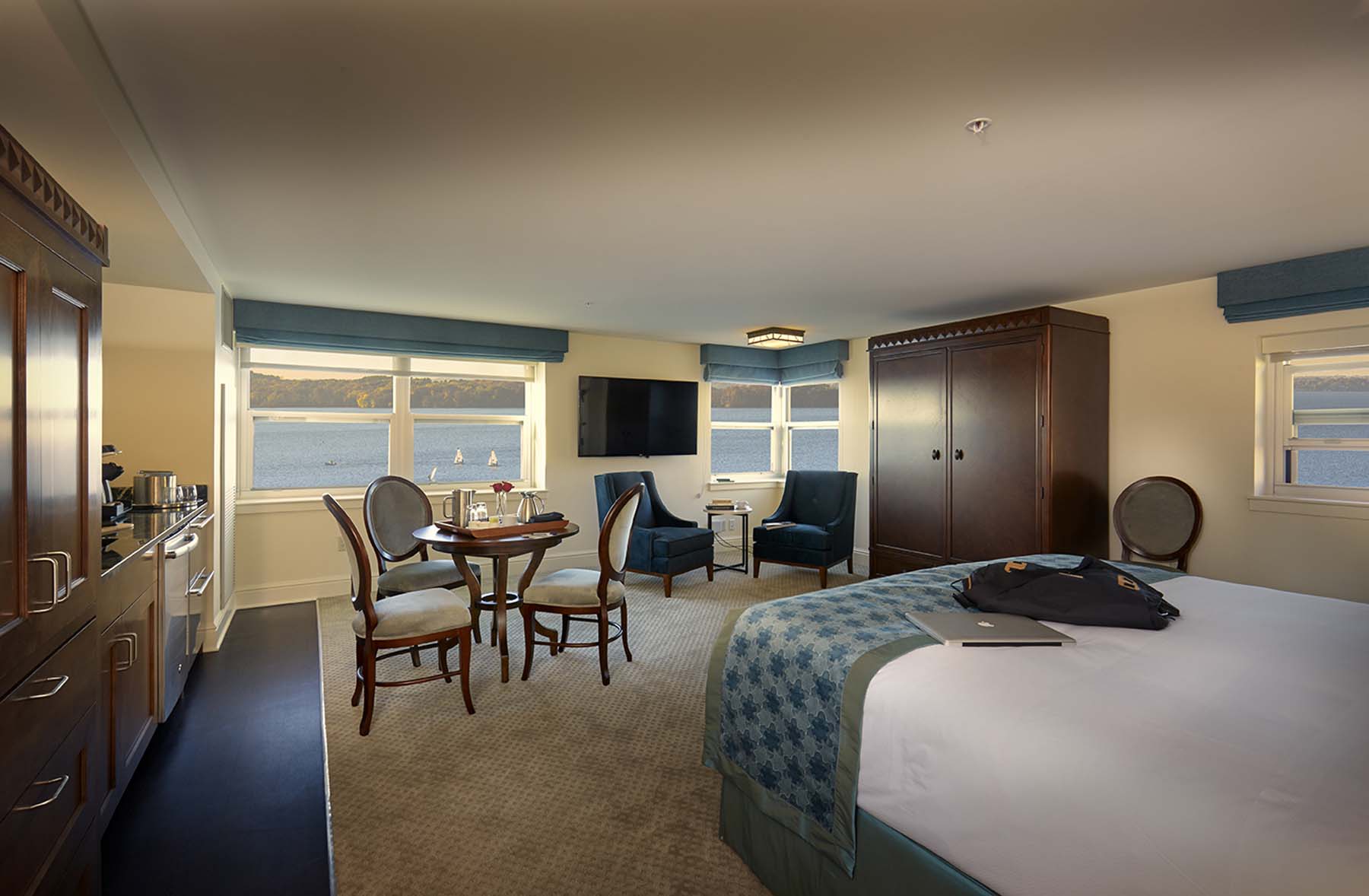Extended-stay hotels have long been the industry’s answer to those seeking accommodations similar to an apartment, but without the need to sign a long-term lease. Stays can be as short as one overnight or as long as years, in rare cases, but generally trend from two weeks to a couple of months. At the upscale end of the extended-stay product spectrum, stays are shorter and hotel room rates often trend closer to upscale, select-service hotels. Large, well-appointed suites and inclusive breakfast and afternoon receptions may even boost rates higher than select-service counterparts that do not benefit from similar attributes. As stay requirements extend beyond a week or two, a traveler’s budget tends to constrict, and the mid-rate hotels become preferred. Guests requiring the longest of stays, where the hotel may become a short-term living solution, frequently seek accommodations at an economy extended-stay hotel. Many economy extended-stay hotels will not even accept reservations that are fewer than seven days in length.
Extended-stay hotels are popular with owners and developers who prefer properties that typically experience less volatility and rely less on seasonal demand or on demand surges related to area events. The resilience of this product type has held up even during a global pandemic and the related economic recession, particularly at the lower-priced end of the product spectrum, where hotels operate more as a temporary housing solution than a short-term stopover. While owners and operators have realized declines in both occupancy and average daily rate (ADR) this year, the mid-rate and economy extended-stay hotels have significantly outperformed the transient- and group-focused hotels.
Benefits from Regulations and Restrictions
COVID-19 has undoubtedly and significantly reduced demand throughout the lodging sector, and while local and state restrictions (such as limits on group sizes) have further impeded most hotels’ ability to capture the limited demand that exists, many of these regulations have benefited the extended-stay segment and funneled guests toward these types of hotels. For example, during the height of the pandemic, several states and many municipalities put a moratorium on residential short-term rentals in an attempt to discourage visitors from other cities and/or states. Extended-stay hotels have historically been popular with guests who are relocating to an area or are temporarily displaced due to an insurance claim being resolved at that their primary residence; however, many guests previously chose to rent a house or go through Airbnb for these needs. With those options being restricted, extended-stay hotels captured more of this type of demand. Similarly, many states have implemented shelter-in-place orders or mandatory quarantine periods for guests who have traveled out of state. Typically, these quarantine periods last ten to fourteen days, which has created a new need for extended-stay lodging options.
In addition to state and local regulations, many universities and colleges required students to quarantine before attending on campus classes or moving into on-campus dorms in 2020. Many schools throughout the country made arrangements with local hotels to house these students during that quarantine period. Furthermore, given the uncertainty surrounding on-campus education leading into the Fall 2020 semester, many students in college towns elected to utilize extended-stay hotels for their lodging needs rather than alternative off-campus options that would require a lease. With the risk of so many colleges and universities closing their campuses midway through the school year, a commitment-free weekly lodging option was more appealing for many students rather than signing a longer-term lease.
Commercial Demand
Outside of the government and educational institutions’ restrictions, extended-stay hotels have benefited from the limited commercial demand during the pandemic. Upscale extended-stay hotels, such as Residence Inn by Marriott, Hyatt House, Staybridge Suites, and Homewood Suites by Hilton, frequently capture commercial demand from guests who require lodging from Monday through Thursday while working on out-of-town projects. Prior to the pandemic, this type of guest would fly home on the weekends and return on Monday, and while much of this demand has declined even within the extended-stay segment, the business travelers that remain are heading home less frequently, thus creating some weekend demand for these hotels. Many extended-stay hotels have also benefited from long-term commercial demand generated by management or consultants who have temporarily relocated to oversee their respective companies’ pandemic response. Likewise, many frontline healthcare workers are helping to supplement demand for extended-stay hotels, especially in coronavirus hotbed areas. This demand has been generated by both workers who have temporarily relocated to help address the outbreak, as well as by local workers who do not want to risk bringing the virus home.
While extended-stay hotels at large have performed better than transient- and group-focused hotels, the economy extended-stay hotels have realized much smaller declines in RevPAR relative to the upscale extended-stay brands (or any other segment). This is due to several reasons, including that these hotels can serve as a guest’s primary residence rather than a temporary lodging solution. Furthermore, these hotels are popular with construction groups working on projects that often last several months; while many businesses temporarily closed because of the pandemic, construction business continued to create lodging demand for many economy extended-stay hotels. Finally, many of these hotels have captured an increase in demand from local municipalities or local charities that are looking for more socially distanced lodging options for some of their more vulnerable residents.
Article by: By Rod Clough , Christian Cross, read full article here >






